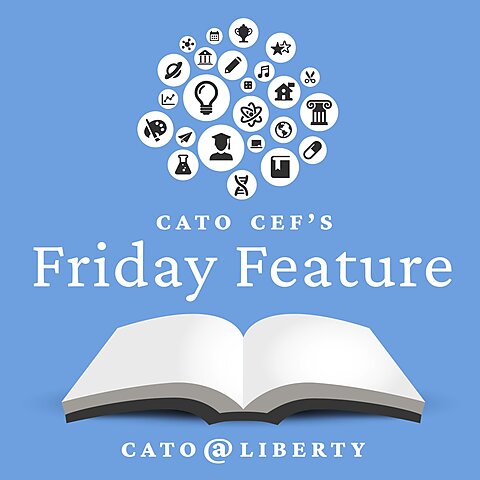
Colleen Hroncich
For parents or teachers seeking a strong civics education, the Bill of Rights Institute is a one‐stop shop. Founded in 1999, BRI offers a wide variety of resources that can “equip students and teachers to live the ideals of a free and just society.”
I first learned about the Bill of Rights Institute through our speech and debate league. After that, it became one of our go‐to sources for civics and US history resources. Three of my children attended BRI’s Constitutional Academy, a week‐long program for high school students held in Washington, DC They participated in seminars, debates, and visits to key historical sites. Speakers from across the political spectrum discussed civil discourse in American society and challenged the kids to think broadly.
It looks like Constitutional Academy has been replaced by a new Student Fellowship program that is similar but includes online meetings twice a month that incorporate readings, discussions, and writing assignments. The fellowship concludes with a capstone week in Philadelphia and day trip to DC to visit Capitol Hill.
The student resources also include a library of more than 300 videos on general US history, civics, and government as well as AP Government and AP US History. There is a convenient sidebar that allows you to filter for specific topics. The Think the Vote section gives students the opportunity to learn about and vote on various topics with the chance to win gift cards and cash prizes.
The Educator Hub, which includes more than 4,000 resources, including 650 lessons, 300 essays, and nearly 300 videos, is where BRI really shines. The lessons can be filtered by topics, founding principles, time periods, and virtues. Some are short, twenty‐minute lessons. Others are more complete lesson plans on a particular subject that are designed to be taught over multiple days.
The primary sources section includes full texts of important documents in American history and can be similarly filtered as needed. There are hundreds of activities included that incorporate these documents and are designed to help students analyze them and think critically about their contents and the impact they had on society when they were written and now.
Last summer, BRI released a new mobile app that features its full library of digital resources. Like all BRI resources, the app is available for free for students and teachers. The resources can also be downloaded so those without reliable internet service can access them offline.
The amazing wealth of resources offered by the Bill of Rights Institute was recognized last fall when BRI was named a quarterfinalist in the Yass Prize. If you’re looking to beef up the civics or US history portion of your students’ education—or even get a refresher for yourself—the Bill of Rights Institute has you covered.





